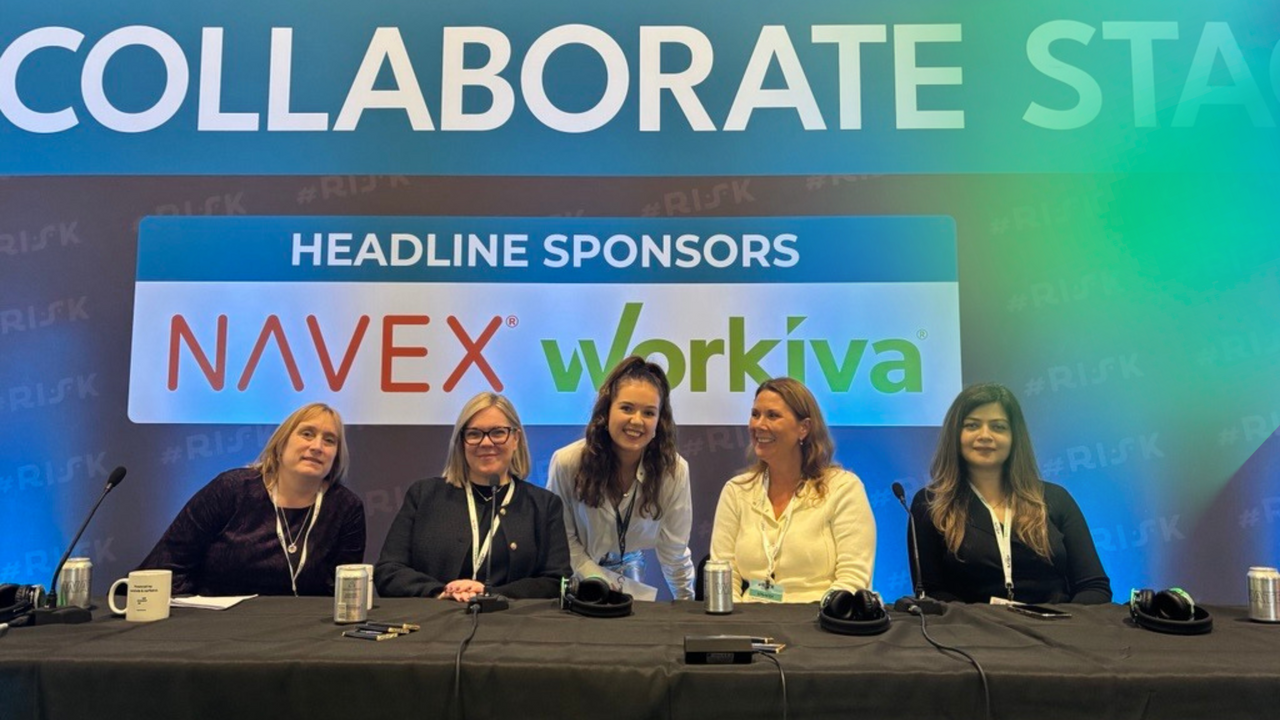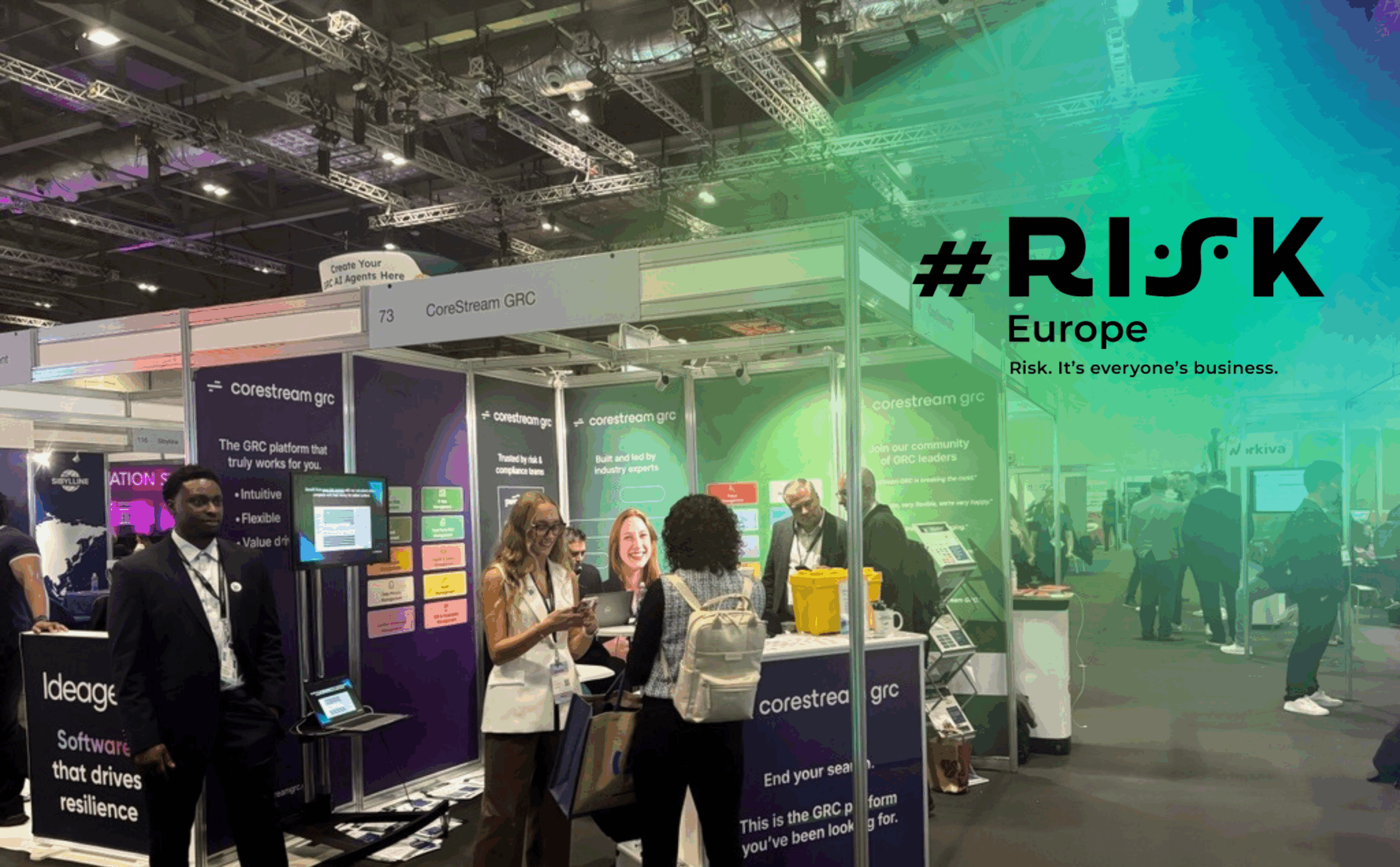In professional relationships, the term “Conflict of interest” (COI) is often thrown around, but how seriously is it really taken? Are you confident that your organization or industry truly understands what a conflict of interest entails and why addressing it is absolutely non-negotiable? Let’s get real: ignoring or mishandling conflict of interest isn’t just an oversight—it’s a surefire way to erode trust, undermine integrity, and jeopardize credibility. Let’s examine why conflicts of interest demand our unwavering attention.
What is conflict of interest:
At its core, a conflict of interest arises when an individual or entity is involved in multiple interests, and these interests could potentially compromise or even appears to compromise, their objectivity, professional judgment, or decision-making. Such conflicts can manifest in various forms, including financial, personal, or professional relationships that might interfere with one’s ability to act in the best interest of a particular party. But here’s the kicker: it doesn’t need to be intentional to do damage. A conflict left unchecked can destroy trust, fuel skepticism, and wreak havoc on relationships, businesses, and institutions alike.
Want to know more about CoreStream GRC’s conflict of interest solution?
Why conflict of interest matters—and why you should act now
- Ethical conduct isn’t optional: If you’re not actively identifying and addressing conflicts of interest, you’re not prioritizing ethical conduct. Transparency isn’t a buzzword; it’s the bedrock of integrity. Ignoring conflicts of interest signals that you’re willing to compromise fairness—a choice that has lasting consequences
- Trust is hard to build, easy to shatter: Let’s be blunt: trust is fragile. Whether in business, healthcare, or research, a single undisclosed conflict can call into question your credibility and intentions. Addressing conflict of interest isn’t about ticking a box; it’s about proving that you are committed to fair and unbiased decision-making.
- Bias doesn’t belong here: How can decisions be fair when personal gain is at play? Recognizing conflicts ensures decisions are made on merit—not backroom motives. Whether you’re leading a boardroom, a courtroom, or a research team, objectivity isn’t just ideal; it’s imperative.
- Legal compliance can’t be ignored: Many industries have legal frameworks and regulations in place to address conflicts of interest. Adhering to these guidelines is not just a best practice but a legal requirement. Failure to disclose conflicts can result in legal repercussions and damage to one’s professional reputation.
- Professionalism demands accountability: The perception of fairness and impartiality matters. If you’re not addressing conflicts of interest head-on, you’re sending the wrong message—to colleagues, shareholders, and the public. Real professionals don’t shy away from hard conversations. They own the problem, solve it, and set the standard to help build sustaining long-term relationships with their stakeholders.
- Reputation is everything: For businesses and institutions, reputation is a precious asset. Here’s the hard truth: a single conflict mishandled can undo years of hard-earned credibility. Public skepticism isn’t easy to erase, and reputational damage sticks. The choice is clear: embrace transparency or risk tarnishing what you’ve built. Transparent handling of conflicts helps safeguard reputation and promotes a positive public perception.
- Better decisions start with integrity: When conflicts of interest are acknowledged and managed, decisions become stronger and more credible. Why? Because they’re free from undue influence. In high-stakes environments, sound judgment isn’t a luxury—it’s a requirement.
The bottom line: conflict of interest can’t be underestimated In today’s world, trust, integrity, and transparency aren’t negotiable—they’re the currency of success. Conflict of interest isn’t a hurdle to avoid; it’s an opportunity to lead by example. Whether you’re in business, healthcare, academia, or beyond, proactively addressing conflict of interest sends a powerful message: we stand for ethics, fairness, and accountability.
How can CoreStream GRC help?
At CoreStream GRC, our Conflict of Interest Management Solution replaces spreadsheets and disconnected tools with a single, intuitive platform.
It automates disclosures, reminders, and reporting, allowing compliance teams to track risks, surface trends, and demonstrate transparency effortlessly, all while integrating seamlessly with HR, ERP, and identity systems like Workday, SAP, Oracle, Azure AD, Okta, and Open Payments.
“CoreStream’s GRC platform has made managing Conflicts of Interest effortless. It’s user-friendly and flexible, letting us customize workflows and disclosures to fit our needs.
The automated reminders and HR integration ensure full compliance, giving us confidence that potential conflicts are well-managed and our business is protected.”
The University of North Texas Health Science Center
It’s time to stop sidestepping the issue. Conflicts of interest can either erode your credibility or elevate your commitment to ethical leadership. Which will you choose?
Want to know why we are the go-to GRC solution for conflict of interest in healthcare?
If you’re ready to tackle conflict of interest head-on and need a solution that works, connect with CoreStream GRC today.
Frequently Asked Questions
A conflict of interest occurs when personal, financial, or professional interests intersect in a way that compromises, or appears to compromise, objectivity and decision-making.
Addressing conflicts of interest ensures ethical conduct, maintains trust, prevents bias, and protects reputations, which are critical for professional success.
Examples include financial investments influencing decisions, personal relationships impacting hiring processes, or professional affiliations biasing research outcomes.
Ignoring conflicts of interest can erode trust, lead to reputational damage, result in legal consequences, and undermine the credibility of decisions.
Organizations can implement conflict of interest management solutions like CoreStream GRC, transparent policies, require disclosures, provide training, and establish clear processes for identifying and mitigating conflicts.



